Retro Replay Review
Gameplay
Galactic Assault: Prisoner of Power delivers a robust turn-based strategy experience that challenges players to master both tactical combat and long-term planning. The four distinct factions—the Land of the Fathers, Khonties, Island Empire, and Barbarians—each come with unique unit rosters, technology trees, and playstyles. Choosing a faction feels meaningful: while the Island Empire relies on heavily armored infantry and siege engines, the Khonties excel at swift, hit-and-run maneuvers using hovercraft and stealth units.
(HEY YOU!! We hope you enjoy! We try not to run ads. So basically, this is a very expensive hobby running this site. Please consider joining us for updates, forums, and more. Network w/ us to make some cash or friends while retro gaming, and you can win some free retro games for posting. Okay, carry on 👍)
The game’s terrain mechanics add a satisfying layer of depth to each engagement. Forests provide camouflage bonuses, trenches slow down enemy advances, and rivers can be bridged or forded to create chokepoints. Players can garrison buildings for defensive benefits or call in aerial transports to deploy troops behind enemy lines. These options make every map distinctive and encourage creative approaches to both offense and defense.
Unit management extends beyond the battlefield through logistics and support options. Heavy artillery units must be trucked forward to keep pace with advancing troops, and air units serve multiple roles as bombers, scouts, and troop carriers. Resource nodes scattered across Saraksh fuel faction research, and deciding whether to invest in advanced weaponry or improved mobility becomes a crucial strategic decision in the mid and late game.
Additionally, the turn structure strikes a satisfying balance between speed and depth. The interface allows you to queue movement orders, set engagement ranges, and automate peripheral units, streamlining larger battles without sacrificing tactical nuance. Whether you prefer micro-managing frontline skirmishes or focusing on overarching campaign objectives, Galactic Assault adapts well to different playstyles.
Graphics
Visually, Galactic Assault: Prisoner of Power offers a polished 3D presentation that brings the world of Saraksh to life. The game’s engine supports dynamic day/night cycles that affect visibility and unit performance—nighttime raids favor stealth units, while artillery spotters are most effective in daylight. Changing weather conditions like sandstorms in the desert or blizzards in the polar regions further influence movement and line of sight.
Each faction features distinctive color palettes, unit designs, and environmental aesthetics that make it easy to identify allies and enemies at a glance. The Land of the Fathers favors classical stone architecture on hilltops, whereas the Barbarians utilize makeshift wooden palisades and hill forts. Animations are smooth, from hovering gunships to tanks rolling through muddy fields, and explosions and particle effects are satisfyingly dramatic without overwhelming the screen.
The user interface is clean and functional, with tooltips that provide in-depth information on unit stats, terrain modifiers, and technology upgrades. Mini-map icons dynamically update to reflect fog-of-war changes, and strategic overlays highlight control zones and resource locations. Load times are fairly reasonable, and the game runs smoothly on mid-range hardware, though ultra settings can push frame rates lower on older GPUs.
Story
Rooted in the 1971 novel Prisoners of Power by Arkady and Boris Strugatsky, the game’s narrative unfolds against a backdrop of political intrigue and social control on the planet Saraksh. Campaign missions are interwoven with voiced dialogue, short cinematics, and in-game text logs that reveal the shifting allegiances of local populations and the machinations of power-hungry factions. While the core storyline stays faithful to the spirit of the source material, writers have introduced new side characters and subplots to enrich the game’s world.
Players follow the journey of a captured Earthling who becomes an unwitting pawn in Saraksh’s factional wars. As you complete objectives—ranging from sabotage behind enemy lines to large-scale assaults on fortified strongholds—you’ll uncover conspiracies that tie each faction’s ideology to hidden technology from ancient alien civilizations. These narrative threads provide motivation for engaging with every corner of the campaign map, and optional objectives often reveal deeper lore or unlock rare units.
The story pacing is well-measured, with quieter moments of diplomacy and reconnaissance balanced against explosive battle sequences. Occasional moral choices—such as sparing a rebel leader or razing a besieged village—impact subsequent missions and add replay value. While some players may find the translation of the original novel’s philosophical themes to be surface-level, the game compensates with memorable set-pieces and a compelling “underdog” arc that keeps you invested throughout the campaign.
Overall Experience
Galactic Assault: Prisoner of Power excels as a thoughtful, feature-rich strategy title that appeals to both genre veterans and newcomers. The combination of environmental tactics, diversified faction mechanics, and a narratively driven campaign provides dozens of hours of gameplay. Multiplayer skirmishes and asynchronous hotseat modes further extend replayability, allowing friends to test custom scenarios or rematch notorious stalemates.
While the AI can occasionally fall back on predictable patterns—favoring frontal assaults over more subtle maneuvers—the challenge scales nicely on higher difficulty settings, thanks to AI bonuses and smarter resource management. Mod support and a scenario editor also empower the community to create custom maps, tweak unit stats, or even introduce entirely new factions inspired by the Strugatskys’ universe.
On the downside, some late-game battles can become lengthy affairs if armies grow too large, and the lack of a quick-save feature during multiplayer matches demands careful planning. Yet these minor drawbacks are outweighed by the game’s strategic depth, immersive presentation, and faithful adaptation of a seminal sci-fi novel. For players seeking a turn-based strategy experience that rewards thoughtful tactics and offers rich worldbuilding, Galactic Assault: Prisoner of Power is a stellar conquest waiting to unfold.
 Retro Replay Retro Replay gaming reviews, news, emulation, geek stuff and more!
Retro Replay Retro Replay gaming reviews, news, emulation, geek stuff and more!
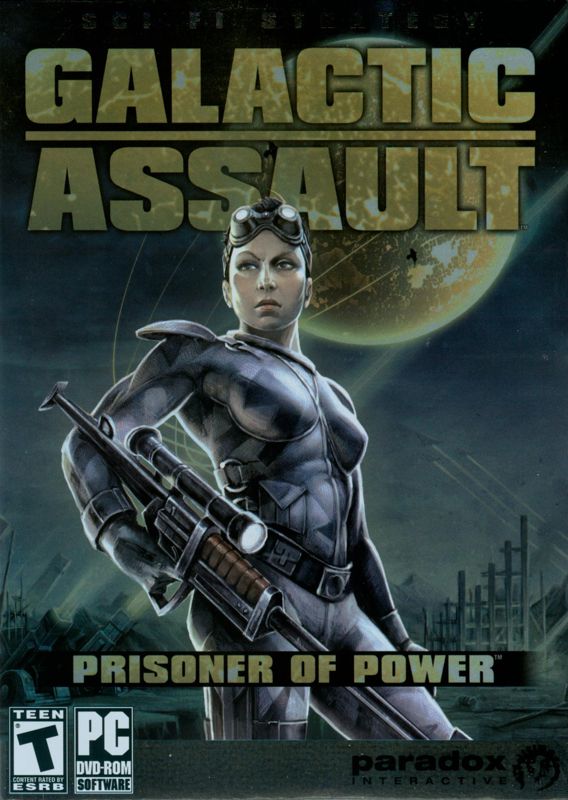
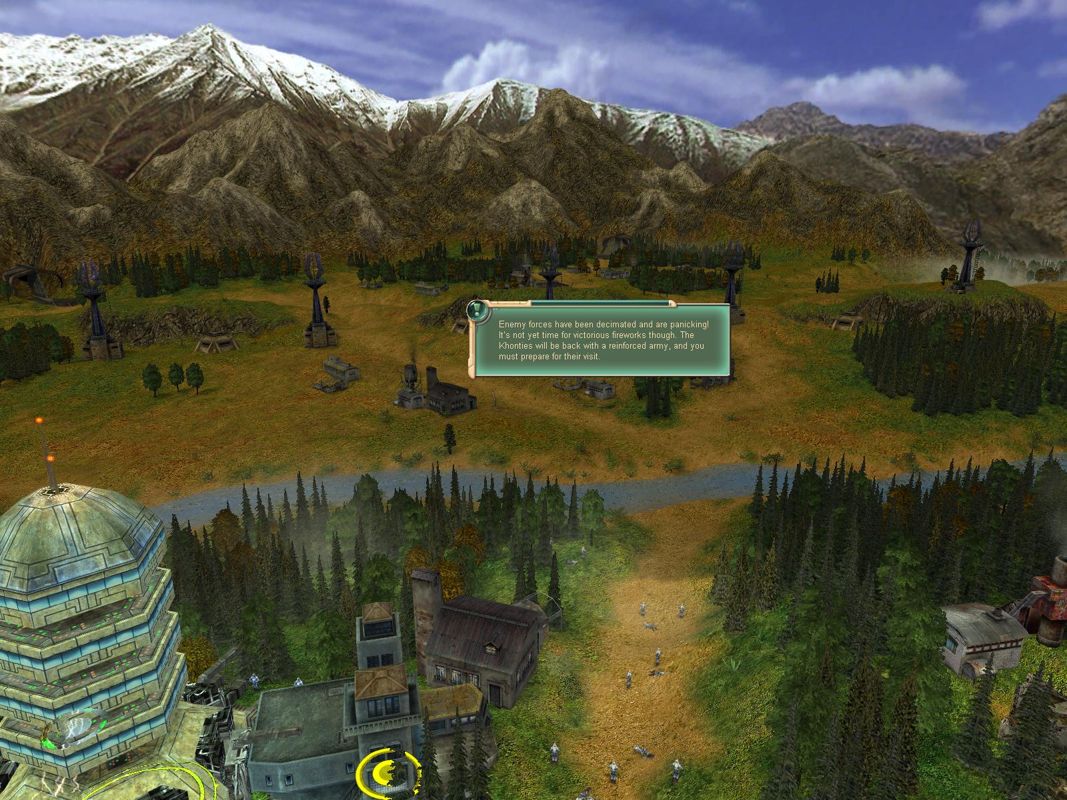
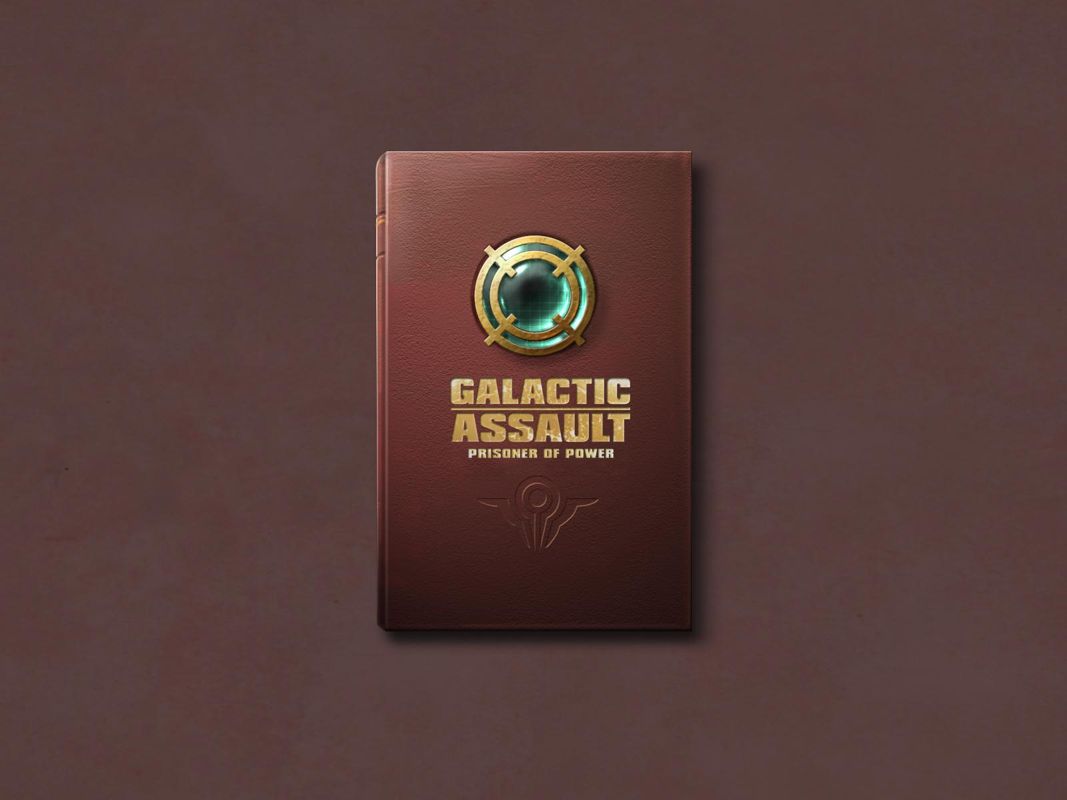
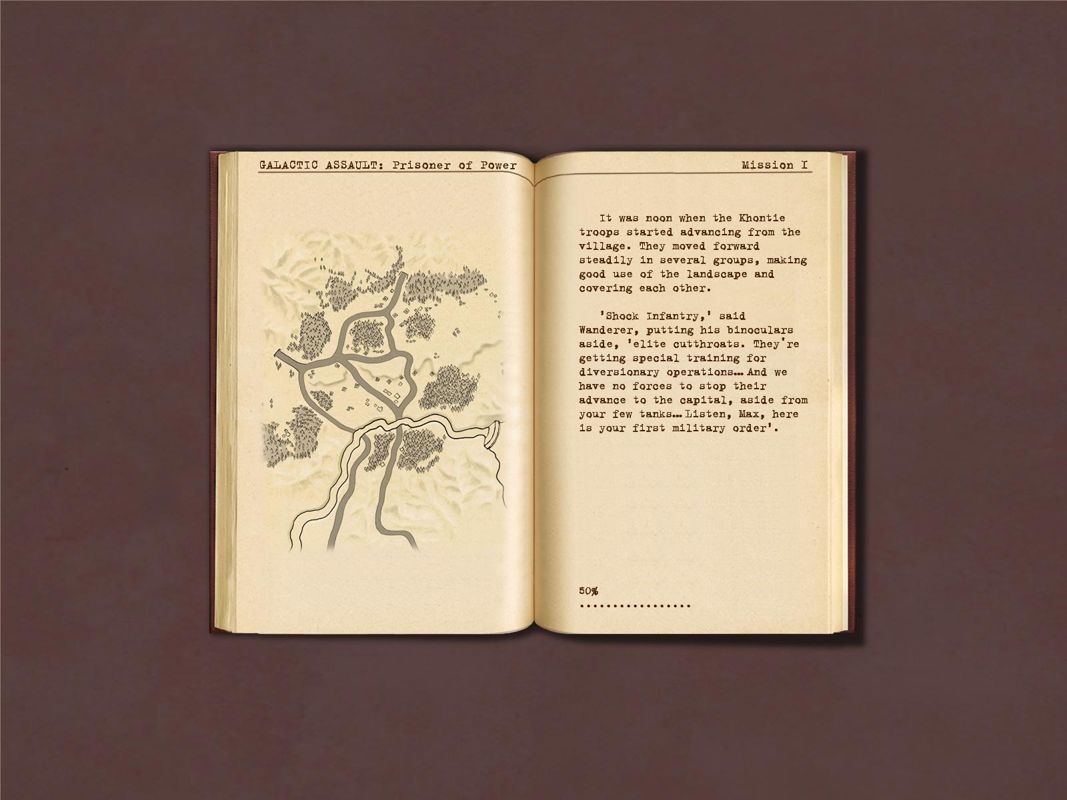
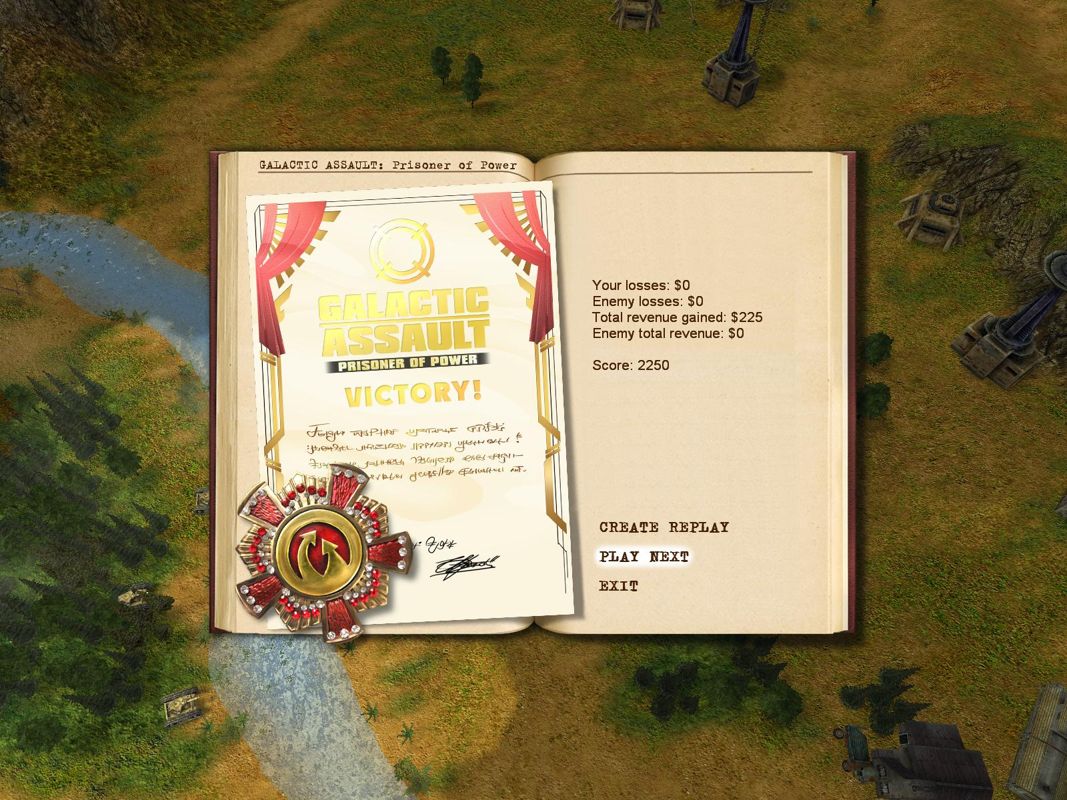




Reviews
There are no reviews yet.